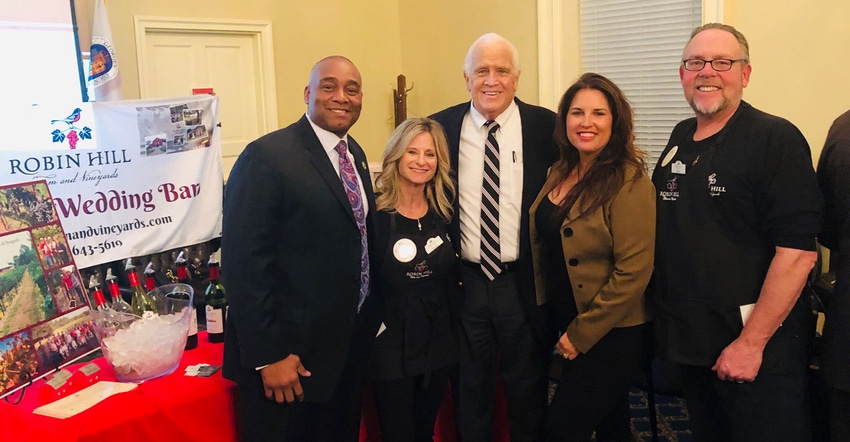March 14, 2019

It’s an age-old adage: “It’s not what you know, it’s who you know.”
I don’t agree with that entirely because I think what you know is important.
However, I do agree that who you know is important, too, and it can make or break a situation, a career or a farm.
For example, if you don’t know a good accountant, a good insurance agent and a good lawyer, your farm and business might suffer.
If you don’t know what your target market is — whether it be commodity, wholesale or retail — your business won’t thrive. And if you don’t know the important players in your agricultural community, you’re losing out on important opportunities.
Your seed rep, your feed store manager, your veterinarian and others you interact with on a consistent basis are crucial and important to your success. But I’m not just talking about them. I’m talking about the bigger umbrella: your agricultural representatives, your commodity groups, your community leaders and your elected officials.
These people represent you. They speak for you at Farm Bureau meetings, on zoning boards, at national conventions and on the Hill. Do they know what you think? Are they familiar with your joys and your concerns, your challenges and your successes?
It’s so important that they do. They’re not mind readers, and they can’t help fix what they don’t know is broken. Personal stories and personal relationships from us in the industry are much more likely to help move the needle forward then just sitting in the background and waiting for things to change.
I’ve worked with policymakers, and I’ve personally seen bills passed and laws enacted based on the personal testimony of farmers and small business owners affected by the topics at hand.
“The personal is political” is another phrase we’ve all heard, and it underscores the connections between personal experience and larger social and political influence. Your personal relationships with those leaders in your community can make all the difference.
There are avenues that can make this easier for you. Groups such as the American Farm Bureau Federation, National Farmers Union, U.S. Farmers & Ranchers Alliance, CommonGround and more all provide resources, training, talking points and support in assisting farmers with outreach. Using these free resources can help you prepare to approach your local leaders and make a difference in your community.
Farmers are less than 2% of the U.S. population. We need every voice; in-person, through email and via social media. Please use yours to connect. It could make all the difference.
Watson-Hampton farms with her family on their fourth-generation family farm in Brandywine, Md.
About the Author(s)
You May Also Like




